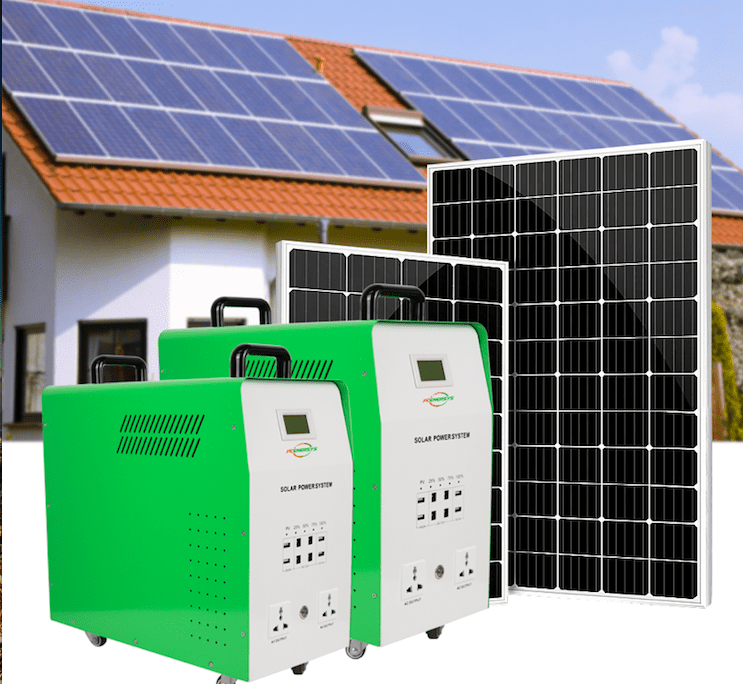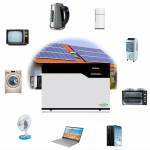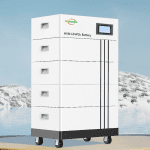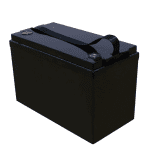Best batteries for solar power storage
Batteries are the heart of any solar power system. They store your excess energy and allow you to use it when needed.
Many different types of batteries can be used for solar storage, each with pros and cons. This article will explain how they work and which one is best suited for your needs!
Lithium-ion batteries
Lithium-ion batteries are the best batteries for solar storage. They last longer and perform better than other types of batteries, making them ideal for both small and large solar installations. Lithium-ion batteries are also safe, environmentally friendly, and not prone to an explosion like lead acid or nickel-cadmium.
Lithium-ion batteries cost more than traditional lead acid or nickel cadmium systems. Still, they can be worth the investment if you plan on keeping your system for a long time or if your budget allows it.
Lead acid batteries
Lead acid batteries are the most common type of battery, and they’re used in cars, boats, and solar panels. They’re cheap and easy to find but have a low energy density (the amount of energy stored per unit weight). This makes them heavy compared to other types of batteries, such as lithium-ion or nickel metal hydride (NiMH). Lead acid batteries also tend to be significant because they need more room for liquid electrolytes than rechargeable cells.
The self-discharge rate for lead acid batteries is high – meaning that if you leave them sitting around unused for any time. Then some percentage of their charge will be lost over time, even when not connected as part of an electrical circuit or system. So if you want your solar power system to work at its best. This must be considered when choosing the kindle type best for each application.
Nickel metal hydride batteries
Nickel metal hydride batteries are a good choice for solar power storage. They’re relatively cheap, lightweight, and have high energy density. Making them ideal for applications that minimize weight while maximizing storage capacity.
Nickel metal hydride batteries can be recharged quickly and easily without damaging the battery or reducing its lifespan.
Sodium-sulfur batteries
If you’re looking for the most efficient battery type to store energy in your home, sodium-sulfur batteries are the way to go. They have a higher energy density than lithium-ion batteries and can be charged more quickly. Making them ideal for solar power storage.
However, compared to other types of batteries, their production costs are also much higher, and they have not yet been widely used in households.
Batteries store solar energy.
There are many different types of batteries that you can use to store your solar power. The battery is the heart of a solar power system, and choosing the right one is essential.
The size, type, and number of batteries you need will depend on how much energy you want to be stored and how long you want it stored. For example, if you only have small devices like cell phones or laptops that need charging at night, then one small lead-acid battery might be enough. However, if you run heavy machinery such as air compressors daily, multiple deep-cycle AGM batteries would be needed so they don’t run out during peak hours.
We hope today’s introduction can help you understand the different types of solar energy storage batteries. They can save on electricity bills and help the environment by reducing carbon emissions in the atmosphere!










